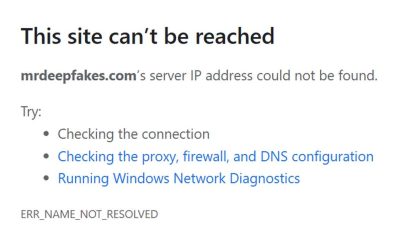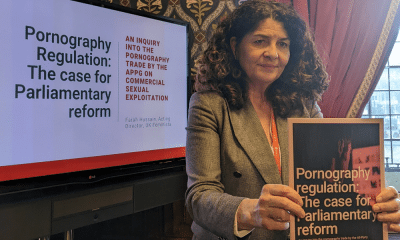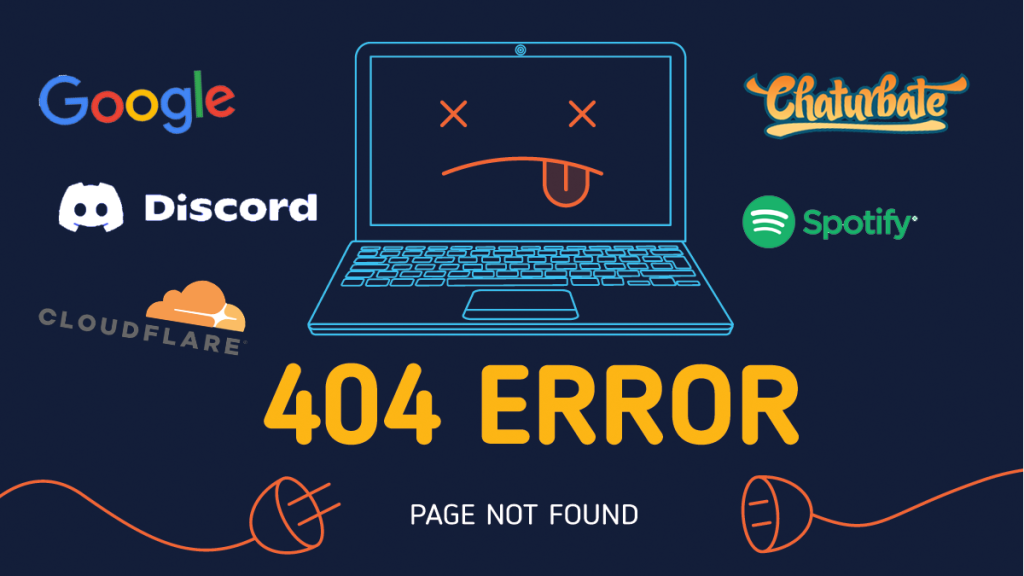Tech & IT
AI-Generated Child Abuse Images May Evade Legal Action
Tech & IT
SexLikeReal: PICO 4 Ultra Now Fully Compatible with SLR via Updated DeoVR App
Latest News
Cloudflare: Google Cloud Outage Disrupts Spotify, Discord, and Chaturbate for Thousands
Tech & IT
SexLikeReal: 120FPS Upgrade Sets New Standard for VR Porn Quality
-

 Cam Models4 years ago
Cam Models4 years agoEmilyJonesChat
-

 Finance & Business2 months ago
Finance & Business2 months agoBCAMS Magazine, the 30th issue
-

 Finance & Business3 months ago
Finance & Business3 months agoBCAMS Magazine, the 29th issue
-

 Finance & Business5 months ago
Finance & Business5 months agoBCAMS Magazine, the 27th issue
-

 Finance & Business5 months ago
Finance & Business5 months agoBCAMS Magazine, the 26th issue
-

 Finance & Business3 months ago
Finance & Business3 months agoBCAMS Magazine, the 28th issue














































Warning: Undefined variable $user_ID in /home/bcamsmagazine/public_html/wp-content/themes/zox-news/comments.php on line 49
You must be logged in to post a comment Login